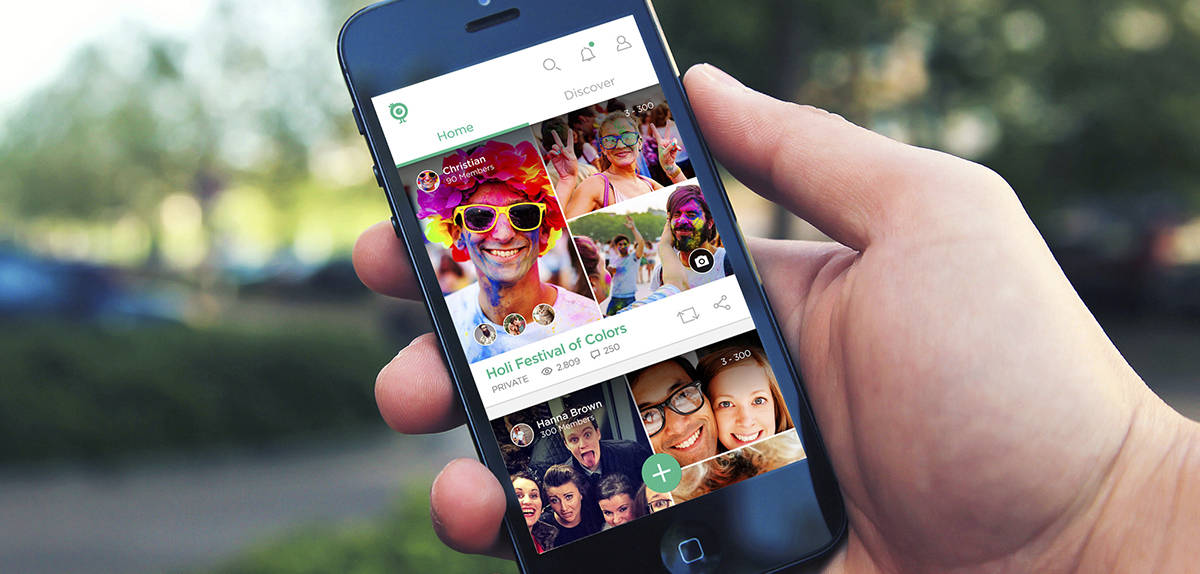Claudio Umaña always wanted to be an entrepreneur, and last year he got his chance. The 36-year-old electrical engineer got a phone call from an old friend from their time together at Intel in Costa Rica with an idea for a smartphone application. Umaña hopped on an airplane and moved to Barcelona, Spain, soon after to get in on the ground floor.
The app that got Umaña excited enough to move across the Atlantic was Heygo, a real-time photo streaming service. Currently available only for Android on the Google Play store, it lets users share photos based on live events or themes called “collective moments.” The app went live three months ago. Heygo’s other founders include Nicolás Espinosa — Umaña’s friend from Intel — and Arià Prat.
Umaña said they need to convince people it’s not “just another photo-sharing app.” Heygo stands out, he said, because of how it organizes photos around specific events instead of hashtags. “People look for simplicity,” Umaña said. Heygo lets users upload and see public photos related to an event or share them privately between friends. Unlike SnapChat, the photos stay online and can be reviewed later. Umaña said the app also offers higher resolution photos than Instagram without the need to square them. There’s also a human element to the service with curators who help highlight the best, most relevant photos.
People who use the app appear to like it. Umaña said that while their user base is relatively small – 2,000 in Spain and another 100 in Costa Rica – they enjoy a strong retention rate of active users. But a strong user base is what drives investor interest, Umaña said. Building a critical user base is the next and hardest step to becoming a “killer app.”
Umaña grew up in Tibás, a suburb just north of downtown San José. He studied electrical engineering and went on to work for Intel in Heredia and taught at the University of Costa Rica before starting his new life as a tech entrepreneur. Despite the company’s Costa Rican roots, Umaña said his homeland is a difficult place to launch a smartphone app like Heygo.
One of the biggest hurdles for Costa Rica is the size of the market. Costa Rica’s population of 4.8 million is slightly larger than the Boston metro area. Smartphones are increasingly popular here but insecurity keeps many from either carrying their device with them or openly using it in public. For a company with the mission to help people share photos they take with their phone, these are big hurdles to growing users, he said. For now, their target market is Spain and eventually Latin America.
Besides users, Umaña said Costa Rica can be a hard place to find angel investors to support an app that doesn’t (yet) generate income. Umaña said that Heygo was set up “backwards” for a startup, relying on personal funds from Espinosa and others to develop the app instead of a tech incubator that would provide technical and marketing assistance in exchange for equity in the new company. Heygo didn’t go through an incubator, but the team was selected to participate in several technology workshops, including Google’s Launchpad event in Madrid for tech startups earlier this year.
Despite these hurdles, Umaña said they are waiting on a new round of fundraising from potential investors, including some in Costa Rica. The company is already setting its sights on its next project, but Umaña was tight-lipped about the details. Guess we’ll have to download Heygo to find out how it goes.






